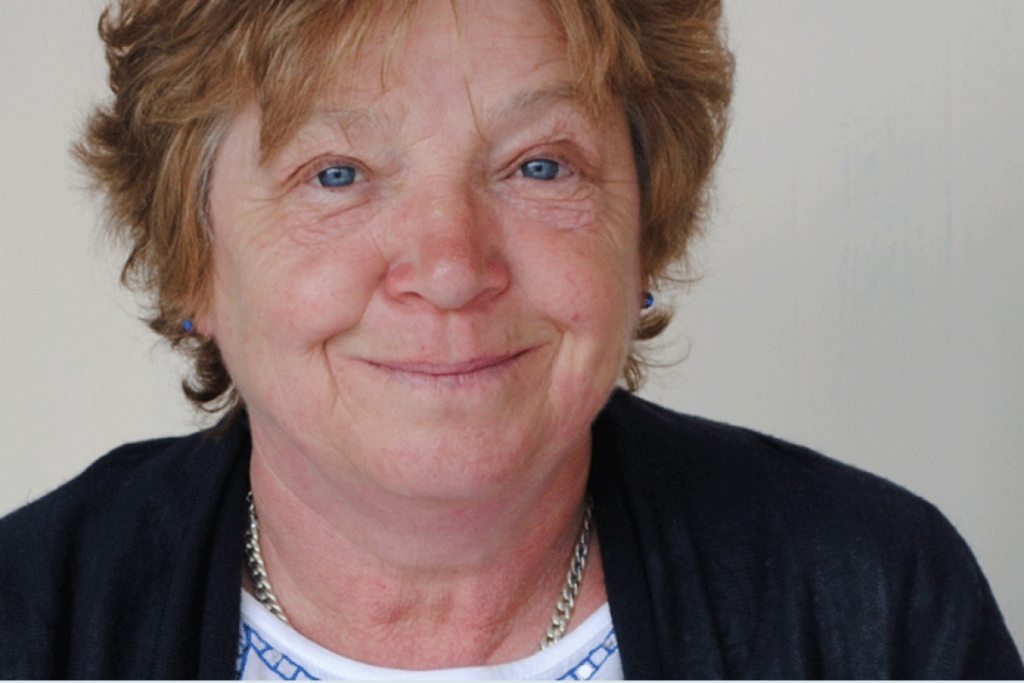Top Tips: Connecting with young writers, by Babs Horton
Aiming to develop your practice when working with young writers? Babs Horton lays out a list of activities, tips and advice:

1. From the outset reassure the group that they aren’t going to be put on the spot. This is a big fear for some young people.
2. 50 WORD PRESS RELEASE – a tried and tested warm-up game. This is a great ice breaker, can be very funny and allows the group to learn a little about each other. It’s a good way to get them writing quickly and to speak out. Write a 50 word Press Release about yourself containing three facts and three lies e.g. Babs Horton was once a wrestler. She collects rare travel books and lives in a railway carriage with a bad tempered python and… Ask them to write one about themselves. Follow with Question and Answer session.
3. Thinking time is never wasted time. Encourage them to be playful in their thoughts and observations and creative in their thinking. They are often anxious about getting things right straight away and need time to explore, invent and reflect.
4. Use large pieces of paper on which they can outline random ideas, images and associations before they begin to write.
5. Olfactory Poem. I use 20 small plastic pots covered in gauze each containing something that smells e.g. rosemary, garlic, lemon, vanilla, chalk, dandelion sap etc… Ask them to guess what is in each pot. Compare findings and observations.
6. Choose 4 of the smells and write down ten words that you associate with that smell.
Choose one of the pots. Let your mind wander. What thoughts arise? Play around with sound, taste, touch, sight, smell. Does the smell evoke a particular memory? Explore the memory. Build up to write a short poem.
7. Six Word Short Story. I tell them the story of Ernest Hemingways’s bet that he could write a captivating tale complete with beginning, middle and end in six words. For Sale. Baby shoes. Never worn.
Write their own.
8. Opening Lines. Give examples of great writing …
“It was a bright cold day in April, and the clocks were striking thirteen.” (George Orwell 1984)
“You better not never tell nobody but …” (Alice Walker The Color Purple)
Discuss their favourite book openings and ask them to explain why they are compelling/enticing/thought provoking, etc.
Write the opening paragraph to a short story.
9. Start an Online blog with your group. This is invaluable in encouraging them to gain confidence by posting their work and commenting on the work of others.
10. Be aware of curriculum pressure. Most of them have little time to write during the week due to coursework and some have limited access to computers.
11. Organise activities so that you can spend time with individual members.
12. Encourage them to keep a notebook and jot down thoughts, dialogue etc
13. Show them a piece of your own work in progress. Talk about the process. Answer questions. The writer’s greatest asset at times is the delete button and the waste paper bin.
14. Give them information on other local groups, competitions and writing opportunities.
15. Smile and enjoy yourself. There are great rewards to be had from helping emerging writers discover their voices and unique writing style.
Babs Horton was born in Tredegar, South Wales. She has worked as the Royal Literary Fund writing fellow at the University of Plymouth and currently runs the Young Writer Groups at Plymstock library and provides creative writing workshops in schools all over the country. Babs’ first book, A Jarful of Angels won the Pendleton May First Novel award and was short listed for the Authors Club Award. Dandelion Soup was published in 2004, Wildcat Moon (2006) and Recipes for Cherubs in 2008. She is working on a new novel The Emporium of Dreams and a memoir of her early years in Wales.


